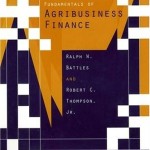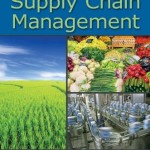
Begins with an overview of domestic and international trends and covers the basics of loans (mortgages and deeds of trust) and time values of money (interest, discounting, calculations and amortization, refinancing, cash budgeting, and graphing loans). Useful as a guide for practitioners, the the text was actually designed for teaching with outlines at the beginning of chapters, and study questions and problems at each chapter’s end.
Read More →


